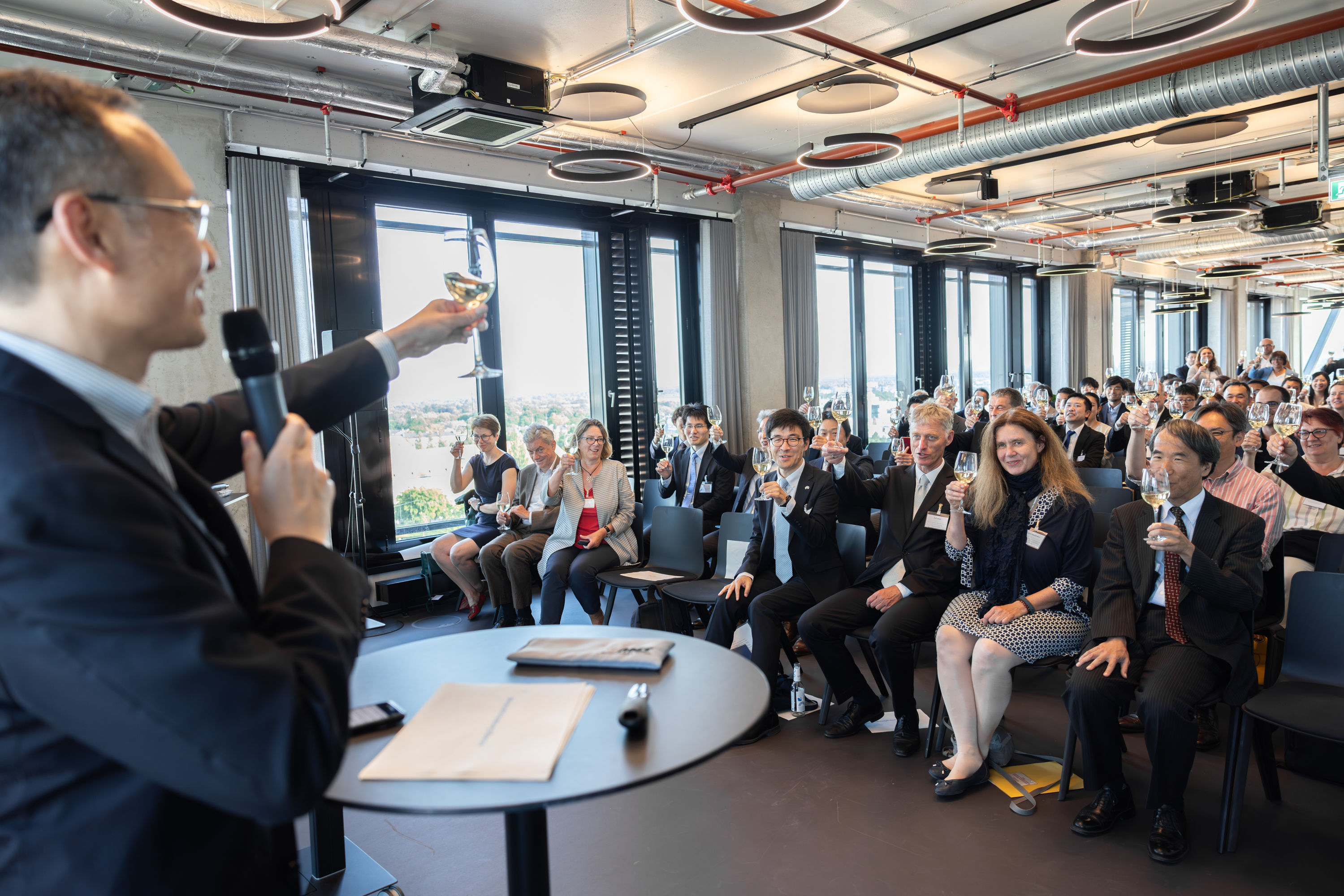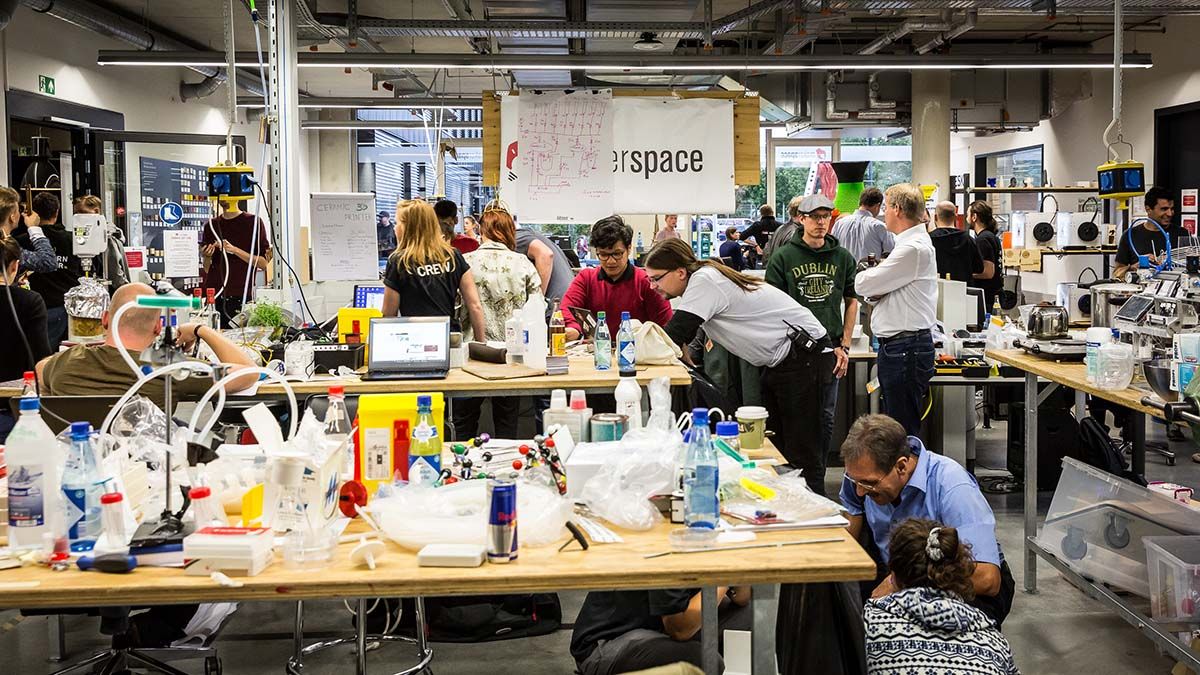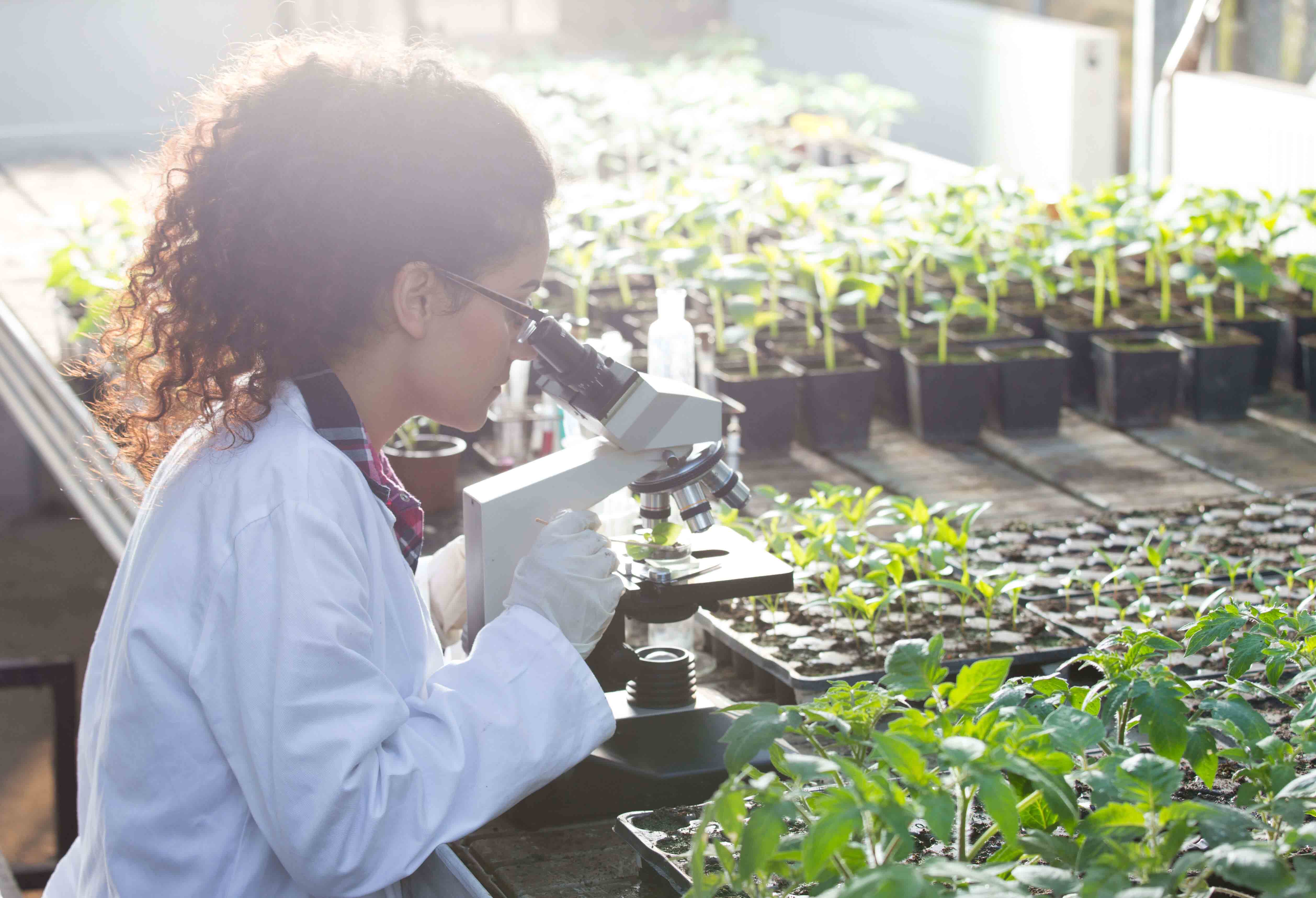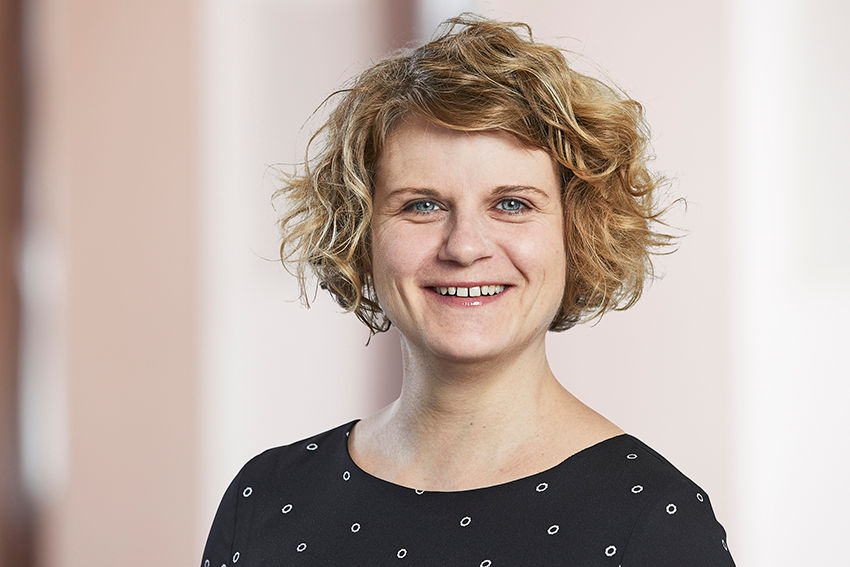- Startseite -
- Digital Bavaria -
- Blog #bytevaria - Life Sciences in Bavaria (part 2): Starting up and growing in Munich’s cluster
Life Sciences in Bavaria (part 2): Starting up and growing in Munich’s cluster
We present the Bavarian hubs in our series on life sciences. With its dense network of universities of applied science, research and business, Munich doesn’t just offer start-ups the best conditions – established companies also benefit from being so close to each other.
Munich metropolitan region has no less than two centres: Freising and Planegg. The companies based here are mainly strong when it comes to the development of products and technologies for the healthcare sector in particular. The partnership with stakeholders from politics and public administration ensures a positive business climate.
The Innovation and Start-Up Center for Biotechnology in Planegg-Martinsried has developed into one of the top 10 biotechnology centres in the world since it was founded in 1995. Together with its location in Freising, the State of Bavaria’s subsidiary company offers company founders the right conditions for a perfect lift-off with an area of roughly 26,000 m2 and its start-up management. IZB GmbH provides assistance with, for example, financing, the search for cooperation partners, trade fair appearances or marketing activities.
Its proximity to the start-up centre at the Ludwig-Maximilians-Universität Munich, the Max Planck Institute and several neighbouring companies ensures a smooth-running technology transfer.
if you could'nt make it @analyticaFair 2018 - some impressions from the event with great contributors @BioM_Munich @BayernInnovativ https://t.co/hZDHi83dzT
— BioM (@BioM_Munich) 30. April 2018
What the Weihenstephan-Triesdorf University of Applied Sciences in Freising offers is geared towards green engineering courses. International companies like Roche in Penzberg support students with practical research. And the Technical University of Munich (TUM) conducts both basic and applied research at the Life and Food Sciences Centre Weihenstephan. The TUM Institute for Food & Health (ZIEL) is also based on the campus and offers interdisciplinary science at the interface between food, nutrition research and medicine. ZIEL’s core facilities are used to implement the research focuses and establish platform technologies for microbiome analysis, intervention studies and human phenotyping and technologies for food processing.
We already presented the biotechnology establishments working throughout Bavaria in our “Life Sciences in Bavaria: Innovation throughout Bavaria” blog post on Monday.
We’re going to report on Biopark Regensburg and BioCampus Straubing in the next post “Tapping into renewable resources with biotechnology”.

バイエルンの日本企業対象 異業種間ネットワークイベント

春日井市/エアランゲン:ケーブルのスペシャリストである日本のホッコーが、ニュルンベルク=エアランゲン大都市圏にヨーロッパ本社を設立


